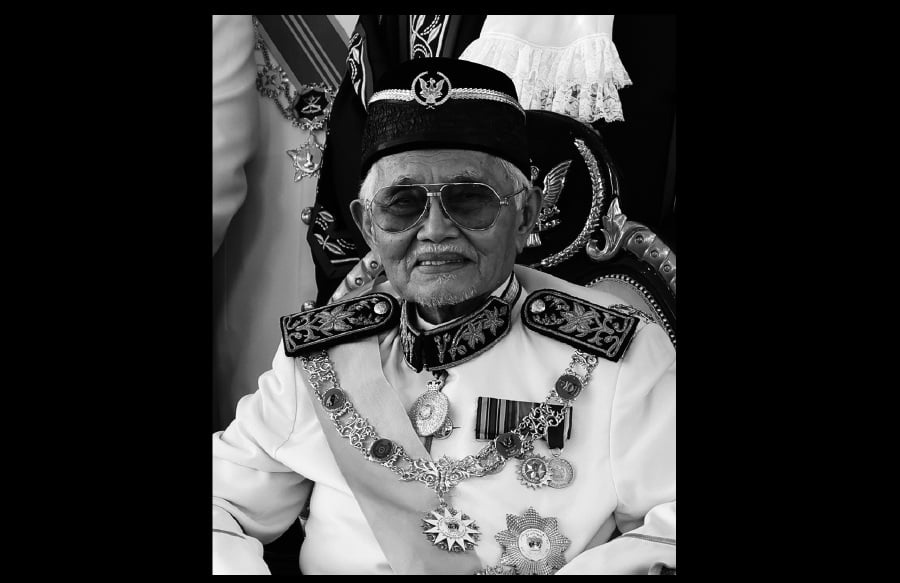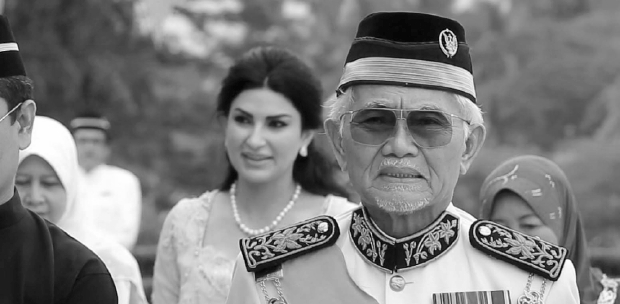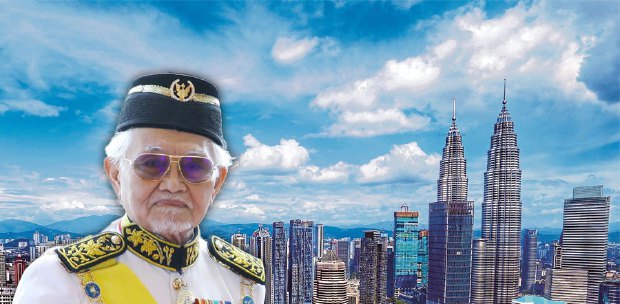KUALA LUMPUR: The late Tun Abdul Taib Mahmud, the Father of Modern Sarawak, played an instrumental role in the Land of the Hornbills' transformation into a progressive region in the country.
His demise today has left an indelible mark on all segments of the community in the state who benefited immensely from the development-oriented policies introduced by Taib during his 32-year tenure as Sarawak's fourth chief minister from 1981.
The policies rolled out by the state government under the leadership of Taib not only helped to elevate Sarawak's image and standing into a "renowned brand", but also laid the foundation for his successors, the late Tan Sri Adenan Satem and the present Premier Tan Sri Abang Johari Openg, to steer the state to greater heights.
Taib, who is of Melanau descent, has been in Sarawak's political scene since the formation of Malaysia since 1963.
He was born in Miri on May 21, 1936. The Adelaide-trained lawyer was the eldest among 10 siblings is also the nephew of the third Sarawak chief minister and the fourth Yang Dipertua Negeri Sarawak, the late Tun Abdul Rahman Yakub.
After completing his primary and secondary schools at Sekolah Rendah St Joseph in Miri and SM St Joseph in Kuching respectively, Taib, on the advise of Rahman, pursued his tertiary education in law at the Adelaide University in Australia until he obtained his first degree in 1960.
Upon returning to Sarawak, Taib was appointed as public prosecutor in the Crown Council from 1962 to 1963.
He made history in the Sarawak political landscape by becoming the youngest person to be included in the state cabinet — under the leadership of Sarawak's first chief minister, Tan Sri Stephen Kaong Ningkan — after he was appointed state communications and works minister in 1963 at the age of 27.
After a stint at state level, his political career progressed when he was elected the Kota Samarahan member of parliament in 1970. He would go on to represent the constituency for 38 years.
Taib then took on the call of the nation's first prime minister, Tunku Abdul Rahman, to serve at the federal level, where he excelled in all the portfolios assigned to him.
These included that of general planning and socio-economic research minister, primary industries minister, defence minister and finally, as federal territories minister.
Taib returned to his beloved state when he was appointed chief minister on March 26, 1981, taking over the role from Rahman. He was the longest-serving chief minister, resigning on Feb 28, 2014, to be appointed the seventh governor.
As chief minister, Taib demonstrated his true leadership qualities as a leader of the multi-ethnic people of Sarawak.
He united the people and created political stability in Sarawak under his development-oriented political policies and played a crucial role in implementing policies to ensure Sarawak's future as a modern economy.
His significant contributions to the development of the state were indeed undeniable.
His countless notable achievements included the establishment of the Bintulu Development Authority (BDA) in order to harness rich oil and gas resources in the state; the setting up of new administrative divisions such as Mukah, Betong and Samarahan; the elevation of Kuching and Miri as cities; the setting up of the Laila Taib College in Sibu; and, the founding of various universities such as University Technology Sarawak (UTS) in Sibu, Swinburne University campus in Kuching and Curtin University campus in Miri.






